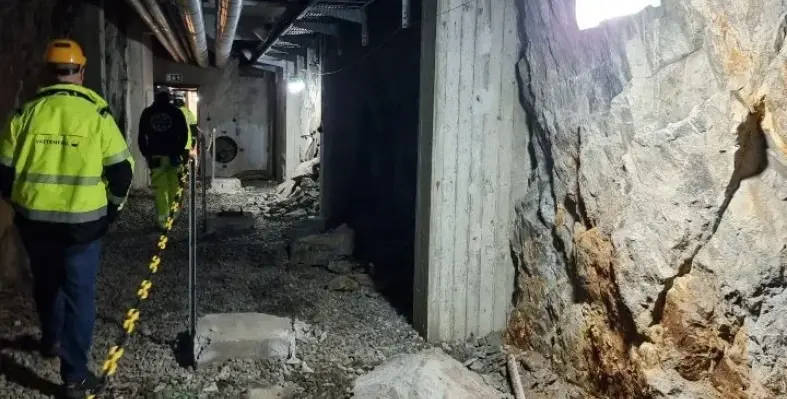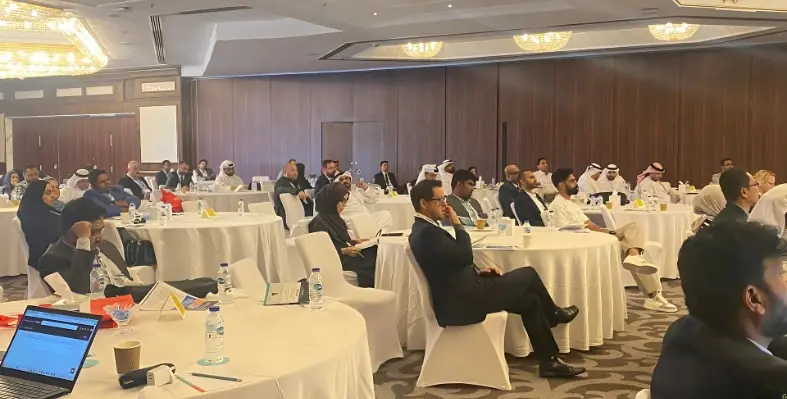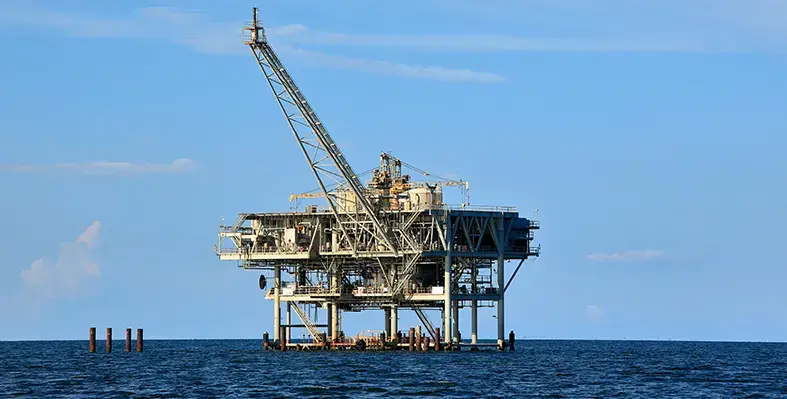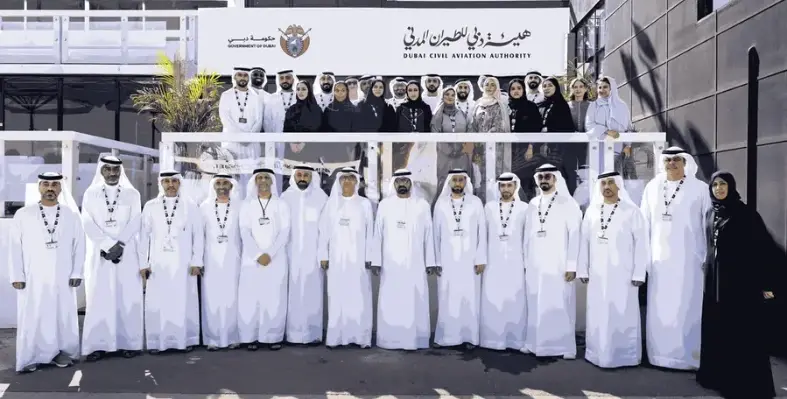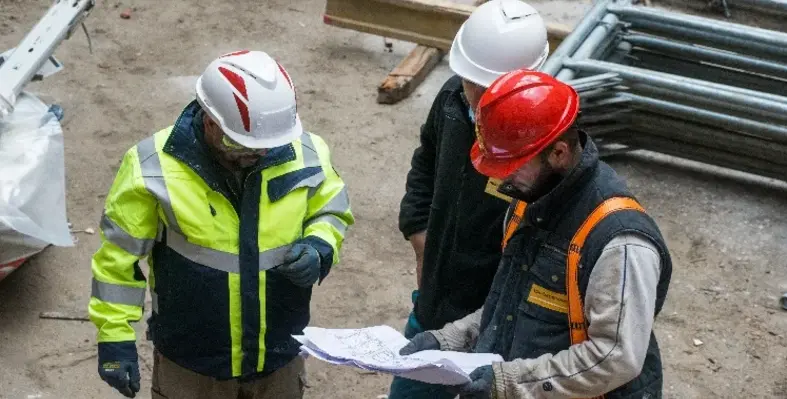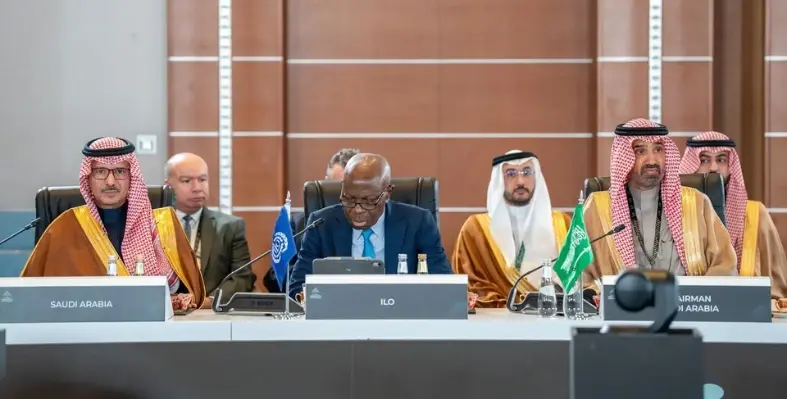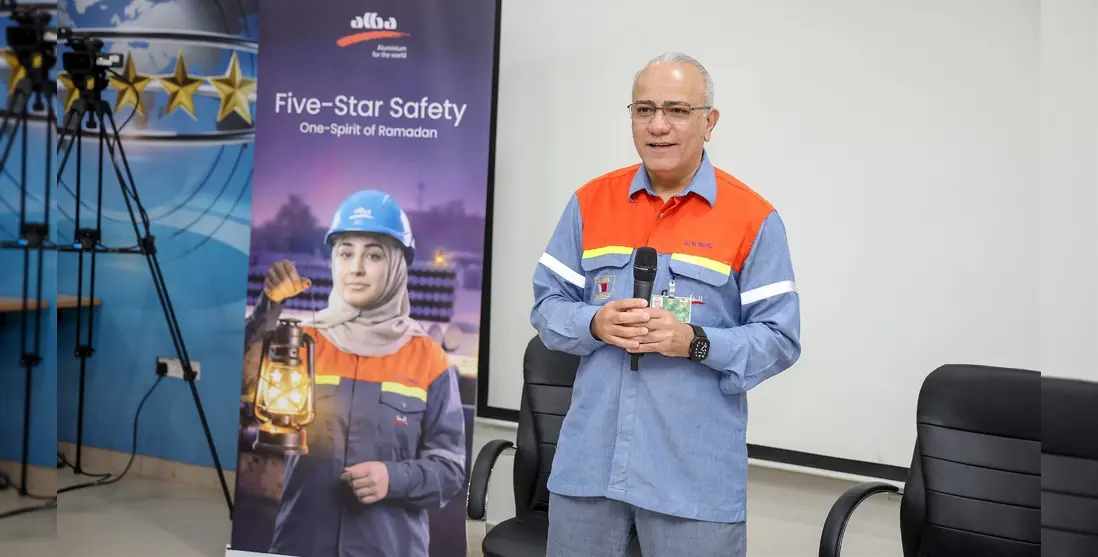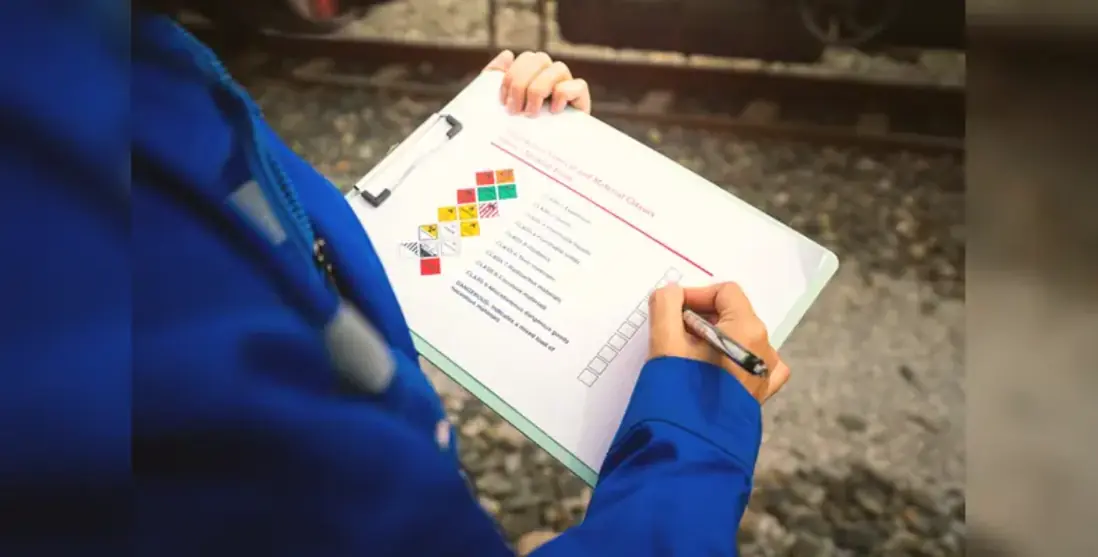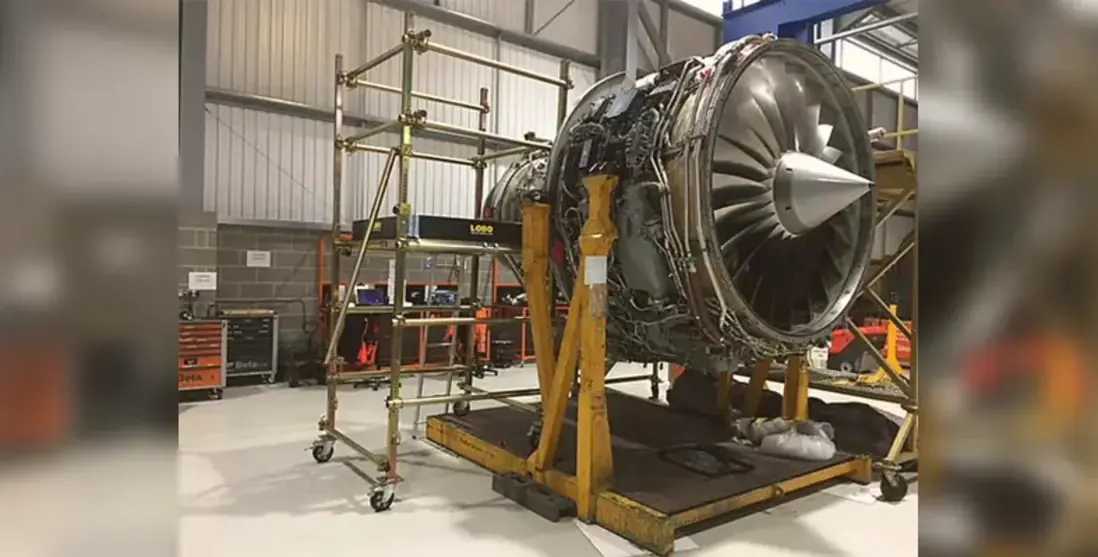Saudi Arabia’s road sector is experiencing rapid transformation as the Roads General Authority (RGA) rolls out a series of innovations designed to enhance safety, sustainability, and efficiency.
These measures are central to the Kingdom’s ambition to strengthen its position as a leading global logistics hub.
One of the most significant advancements is the introduction of roller-compacted concrete for truck lanes, a first for the Kingdom.
This robust material offers exceptional durability and resistance to deformation caused by the heavy loads of large trucks. Its use is expected to extend the lifespan of critical freight routes, reduce maintenance costs, and improve driving conditions for commercial transport.
In line with Saudi Arabia’s commitment to environmental sustainability and the principles of the circular economy, the RGA has begun incorporating recycled building demolition waste into asphalt mixes. By reprocessing materials from construction and demolition sites, the initiative reduces reliance on natural raw resources while transforming waste into valuable construction inputs. The authority has set an ambitious goal to recycle 60 per cent of this type of waste, contributing to national waste management and climate targets.
The RGA is also prioritising enhancements to public spaces and urban environments. One example is the introduction of flexible rubber asphalt made from recycled tyres, which is now being used for pedestrian paths and public parks. This material not only provides a softer, more comfortable surface for walking and running but also addresses the environmental challenge of tyre waste, reducing pollution and landfill pressures.
New improvements
Another notable innovation is the deployment of road cooling technology. Using locally manufactured materials with reflective properties, this technology is capable of reducing road surface temperatures by an average of 12-15 degrees Celsius.
The approach not only improves comfort for pedestrians but also helps combat the urban heat island effect, which can significantly raise temperatures in built-up areas.
These advancements are part of the authority’s broader strategy to improve road quality, boost safety standards, and ensure the long-term efficiency of the Kingdom’s extensive road network. With 73,000 km of interconnected roads, the largest such network in the world, Saudi Arabia’s infrastructure plays a pivotal role in enabling economic growth and supporting vital sectors such as trade, tourism, and logistics.
By integrating cutting-edge engineering solutions with environmental stewardship, the Roads General Authority is setting new benchmarks for road design and maintenance. Its forward-looking approach not only supports the Kingdom’s Vision 2030 objectives but also ensures that Saudi Arabia’s roads will remain a cornerstone of regional and global connectivity for decades to come.








